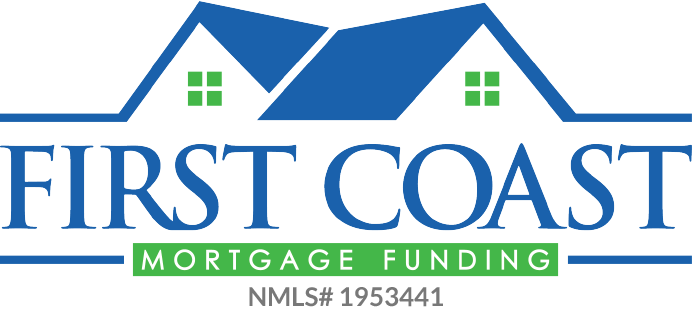Choosing the right type of mortgage can be a difficult decision for many people. Fixed rate mortgages are generally considered to be “better” than adjustable mortgages, but that isn’t always true. In this blog post we will go over the difference between fixed and adjustable mortgage rates, including the pros and cons of each.

The Differences and Similarities of Fixed Rate Loans and Adjustable Mortgages
The two most popular types of residential mortgages are fixed rate loans and adjustable rate mortgages. These two types of home financing are designed differently, offer different terms, and have different benefits to the borrower. There are several things that an individual should consider before deciding on one verses the other.
The primary difference between these two options is the interest rate. A fixed rate mortgage will always carry the same interest rate throughout its life span, regardless of fluctuations in lending rates.
An adjustable mortgage will often be tied to short term interest rates, meaning if those rates rise, so too will your monthly payments on your loan and vice versa.
How Many Years Will You Be in Your Home?
A huge deciding factor in which of these two forms of finance you choose to go with is how long you intend to keep your home. If your goal is to reside in a house for several years, then it may be advisable to opt for the fixed rate loan. A fixed rate mortgage will offer you a lower initial monthly payment than an adjustable loan during this time period (i.e., 15, 20, or 30 years).
If you plan on staying in your home for less than 10-15 years, and want the lowest possible payments at the outset of purchasing your new residence, then an adjustable mortgage may be more advantageous to you.
It should also be noted that borrowers with adjustable loans often face ‘margin calls’ and requests from their lenders to immediately pay down part of their principal balance when interest rates rise.
Risks of Adjustable Loans
Adjustable loans come with more risk because of their higher interest rates combined with fluctuating principal costs, which means there is no guarantee about how much you will pay each month 30 years down the line.
If you are concerned about interest rates rising over time then a fixed rate loan might be your best option. However, if rates don’t rise too much in 30 years, and you can afford larger up-front fees for lower monthly payments throughout that entire 30 year period, then an adjustable mortgage may work better for you.
RISKS OF ARMS INCLUDE:
- Refinancing your mortgage.
- Prepayment penalties.
- Falling housing prices.
- Rising monthly payments.
- Negative amortization.
Before making any firm decision on what type of loan is best suited for you, consult a qualified mortgage brokerage that can explain these differences in more detail and assist you in choosing the best solution to fit your unique needs.
Contact First Coast Mortgage Funding today to get the answers you need about mortgage options and rates. Our company can get you access to the lowest interest rates and fees on the market today!


